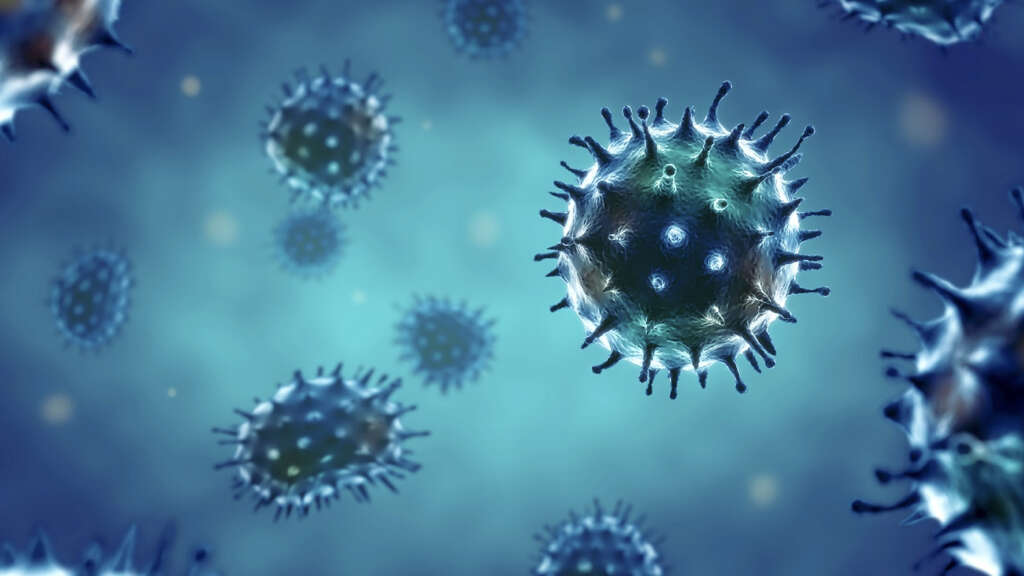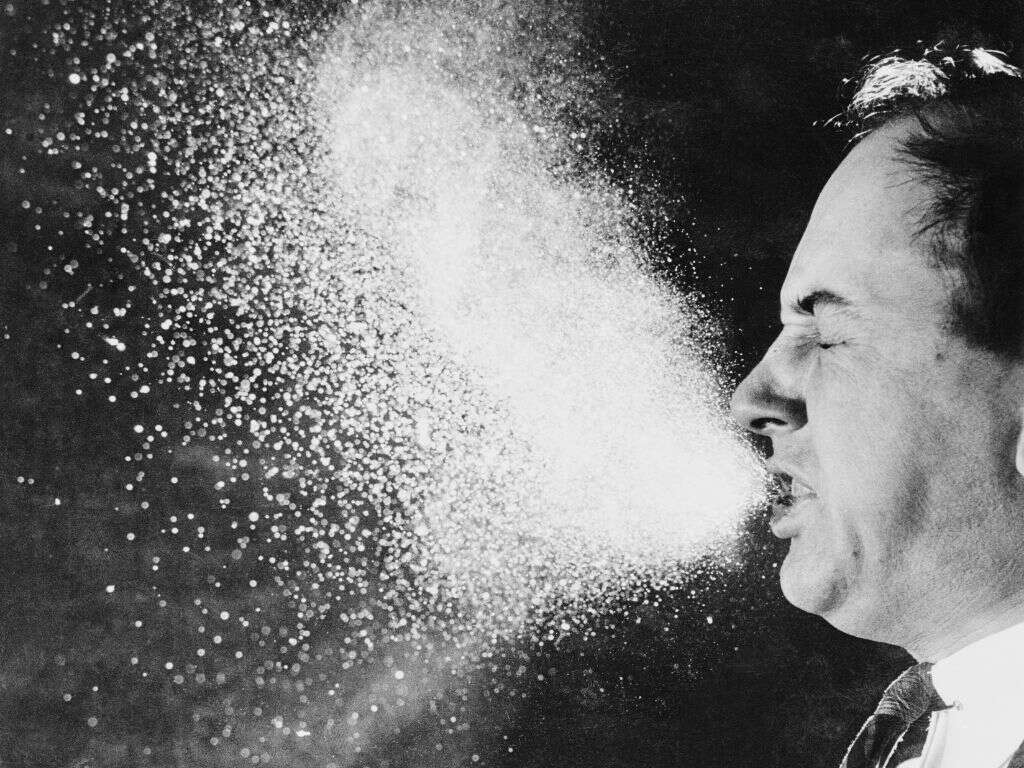Stages of the Flu
Advertisement
3. Interspecies Spread
As briefly mentioned, influenza not only affects humans but also different animal species. There are more than 100 strains of influenza A that affect pigs, birds, dogs, horses, and seals. Influenza B can occur in seals and influenza C has been reported among pigs (rare). The specificity of the influenza strains to certain species can be attributed to the binding of hemagglutinin to sialic acid receptors found in the respiratory tract. There is always a possibility of new strains to spread from animal species to humans. The type A influenza virus is genetically labile. This means it has high mutation rates that can cause changes to the functional and antigenic proteins through two mechanisms: antigenic shift and drift. When mutations occur, it can result in a virus that is transmissible between mammals. When this occurs, it increases the likelihood of spread and has the potential to cause a pandemic.
Advertisement

Advertisement








